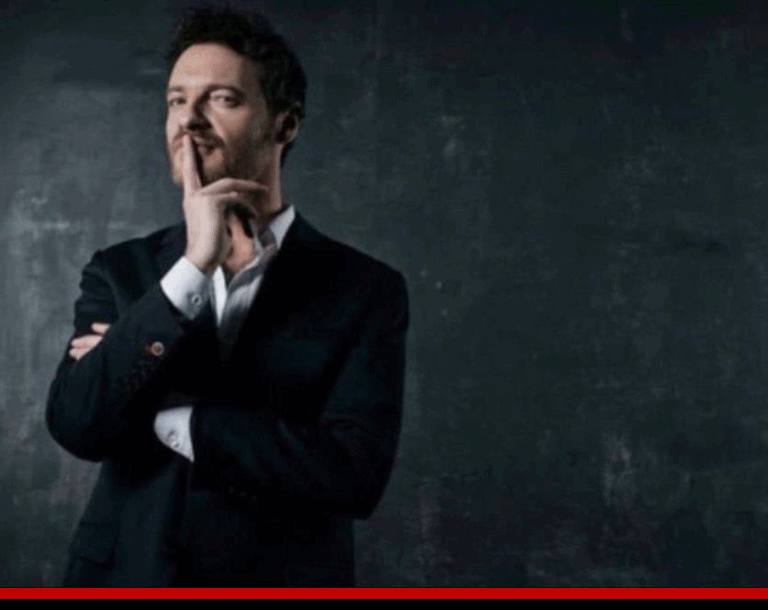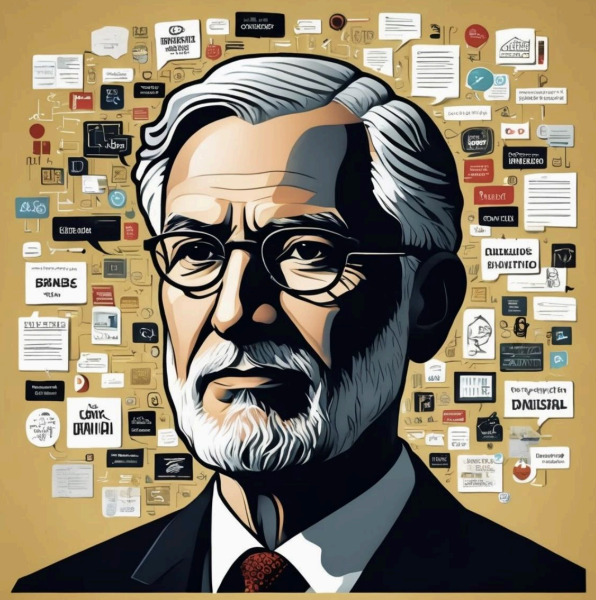By Colonel Paul Michel Manandise
Phase 1 of Ideological Subversion: Infiltration
The alteration of reality, as carried out by individuals toward themselves and
others, involves a subjective transformation of perception, beliefs, and
behavior. However, it must be emphasized that abandoning
reality—disconnecting from objective facts or refusing to acknowledge one’s
mistakes—is never beneficial. Such an escape or distortion of reality produces
negative consequences on both personal and relational levels, limiting one’s
capacity for learning, adaptation, and growth.
Self-conviction, when used in a healthy manner, strengthens internal
coherence and facilitates the integration of new, constructive perceptions. Yet,
when it becomes a rigid defense mechanism that refuses to admit errors or
confront facts, it turns into a major obstacle. The refusal to recognize one’s
mistakes prevents the self-questioning necessary for genuine evolution. It
sustains false beliefs, perpetuates maladaptive behaviors, and traps the
individual within limiting patterns—thereby undermining the quality of
interpersonal relationships and personal success.
Departing from reality through denial, rationalization, or deceptive justification
creates a cognitive distortion that weakens both self-confidence and the trust
of others. Authenticity and credibility rest upon the ability to recognize one’s
limits and errors, to learn from them, and to adjust one’s behavior accordingly.
This process of acceptance is a vital engine of genuine reality transformation,
as it opens the path toward lasting change aligned with facts.
Thus, effective and beneficial change of reality does not consist in fleeing from
it or indulging in self-deception, but in fully integrating the facts—including
mistakes—in order to recontextualize them and draw meaningful lessons.
Healthy self-conviction is grounded in this recognition, reinforcing confidence
in one’s ability to evolve and adapt rather than in rigid dogmatism.
In summary, abandoning reality or refusing to acknowledge one’s mistakes is
counterproductive and harmful to both personal and relational development.
The transformation of reality, supported by balanced self-conviction, must
instead rely on an honest confrontation with facts, thereby fostering authentic,
constructive, and enduring change. This approach enhances
self-understanding, improves the quality of interactions with others, and
strengthens the ability to navigate effectively within a complex and
ever-changing world.



